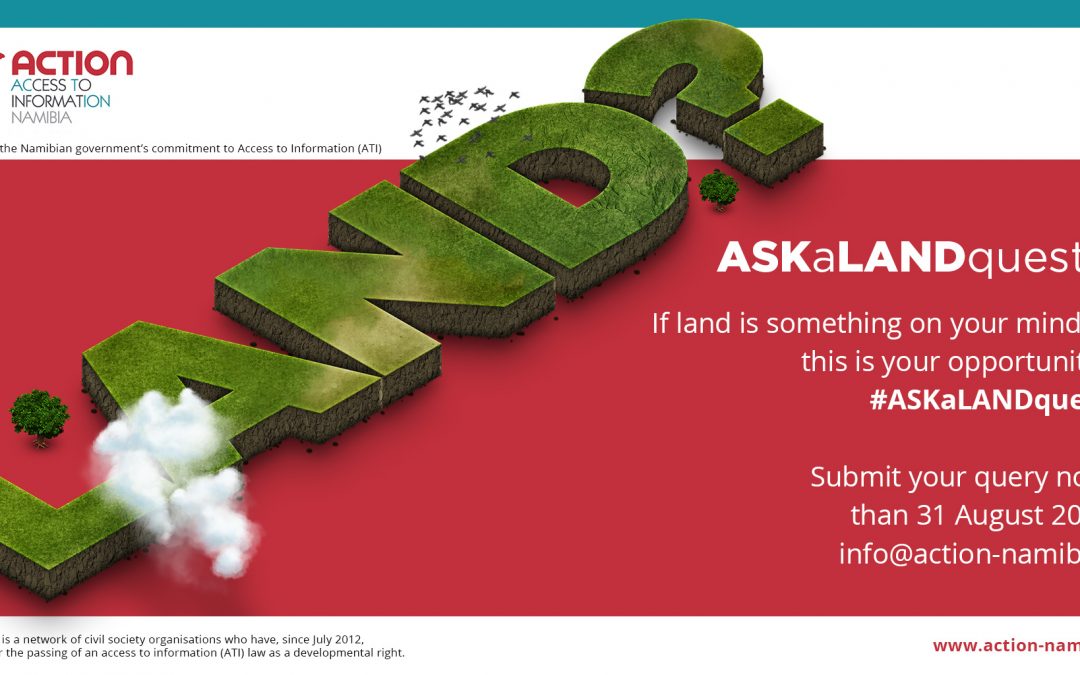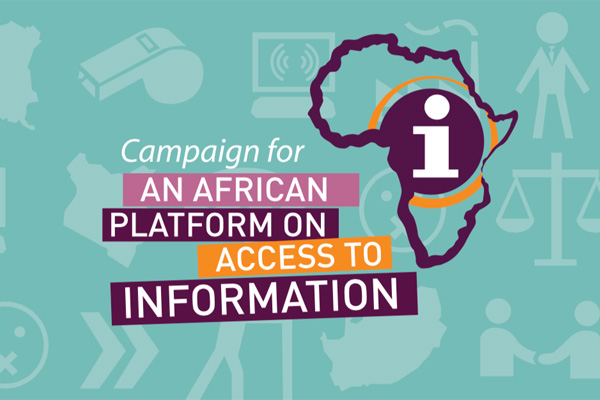What would an ATI law mean for Namibia?
Access to information is a cornerstone of democracy, and it is positive that Namibia is working on an ATI law, which once done, it is hoped, will be a ‘good’ law, appropriately implemented, fully enforced and user-friendly.
But this process is likely to be a long one, and so, in the meantime, in the spirit of what is promised in Harambee, it is important that Namibia ‘practices’ entrenching a culture of openness, transparency and accountability.
So what would such a law mean?
In the first place it would ensure better access to information and thereby better-informed citizens who will be better able to understand government actions and decisions made on their behalf, and thus more active participation in public life.
The people should be able to hold governments to account, and an ATI regime will enable them to do so more effectively.
ATI is a crucial element in the fight to reduce corruption, to increase accountability and deepen trust. The consequences of corruption – such as unequal access to public services, continued poverty, and even the undermining of the rule of law – are wellknown.
Knowledge is power, and for media an ATI law should mean better access to information which in turn should promote higher standards of journalism. Most journalists complain about lack of access to public information, and if they are provided with what they need to be able to best inform their readers, listeners and viewers, they too will have fewer excuses for bad journalism, and can be held accountable in terms of self-regulatory mechanisms.
But it is important to dispel the myth that access to information is only about media. Access to information should benefit everyone in a given society, and particularly those at grassroots level, who have neither the access, nor the ability to battle secrecy to fight for the information they need to empower themselves and run their daily lives more effectively.
Most crucially, against the background of a poor educational system, better access will help to build a knowledge-based society.
Access to information may seem like a complex term to many, but it boils down to the fundamental right to know, and from this year the world will commemorate Right to Information Day on September 28. It’s been widely recognized that access to information is a r8gyt which underpins all others – including freedom of speech and the press, the freedom of choice and opinions and others.
It is important that Namibia begin now to get out of the secrecy mode of thinking that has held us back for so long. For secrecy impedes the abilities of our people to participate in public life. There is a global movement towards access to information and Namibia cannot be left behind. I cannot recall who said that “once the burden was on proponents of access to make the case for transparency; now the burden is on governments to make the case for secrecy”. but the quotation is apt in this era.
Access to information is not only necessary for ordinary people, but also for corporations and state governance among others. Few media practitioners make use of government information officers for example. For often they have no access themselves, and are not properly empowered to give journalists the information they may need or request. It is not their fault they are unable to perform their designated tasks effectively under the circumstances.
It is all good and well for us to sit at this seminar and say that people need access to information. They themselves must also want that access and understand what it can mean in their daily lives.
Economist Amartya Sen said that inequality of access is a form of poverty. That there is not only physical deprivation but intellectuall starvation. One is bad enough, but the combination of both is deadly to the progress and development of people. The standard of our public discourse in Namibia, generally speaking, is of poor quality, and we see this most visibly on social media. In the absence of proper access to information, people indulge more in gossip and conjecture.
Edetean Ojo of a Nigeria-based human rights and justice network, said that many governments seemed to think they govern best in an atmosphere of secrecy, and that in several cases, it had also attained the stature of state policy. Thankfully, it is getting more difficult for them to stick to these old ways, with people getting greater access, along with the entrenchment of rights and freedoms as essential to democratic advancement.
What is important now is that this campaign for more open access and an ATI law in Namibia be driven not only by activists, but by the people themselves who need to jump onto this bandwagon and demand recognition of their right to know.

Ask your LAND question
The struggle for land is real in Namibia. Many Namibians are seeking answers to questions related to land matters, and as the second national land conference draws near, it is becoming clear that information around land issues is concerningly and considerably lacking....

Make an informed choice – Sign the APAI Declaration
Women, men, and children need access to information on health care to make informed choices. The APAI Declaration acknowledges that access to information is instrumental to fostering access to education and healthcare, gender equality, children’s rights, a clean...
